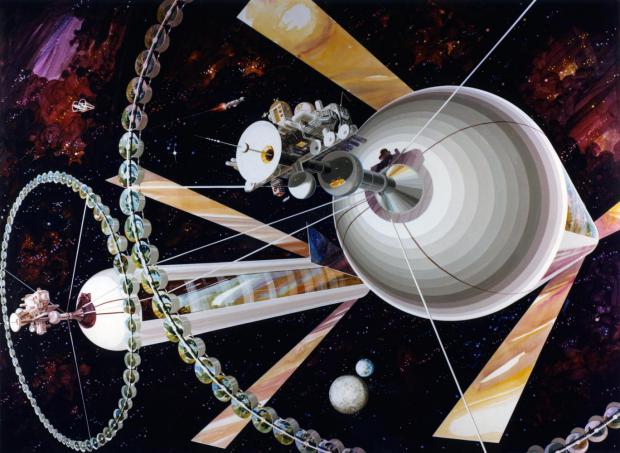
Breaking News
 Bill Maher APOLOGIZES To QAnon!
Bill Maher APOLOGIZES To QAnon!
 Mama's Boy? Sam Bankman-Fried, Represented By His Mother, Files For New Trial In FTX Implosion C
Mama's Boy? Sam Bankman-Fried, Represented By His Mother, Files For New Trial In FTX Implosion C
 China Is Collapsing - The Truth Behind America's Greatest Rival!
China Is Collapsing - The Truth Behind America's Greatest Rival!
 I Tried Extreme Celebrity Biohacks (Here's What Actually Works)
I Tried Extreme Celebrity Biohacks (Here's What Actually Works)
Top Tech News
 Drone-launching underwater drone hitches a ride on ship and sub hulls
Drone-launching underwater drone hitches a ride on ship and sub hulls
 Humanoid Robots Get "Brains" As Dual-Use Fears Mount
Humanoid Robots Get "Brains" As Dual-Use Fears Mount
 SpaceX Authorized to Increase High Speed Internet Download Speeds 5X Through 2026
SpaceX Authorized to Increase High Speed Internet Download Speeds 5X Through 2026
 Space AI is the Key to the Technological Singularity
Space AI is the Key to the Technological Singularity
 Velocitor X-1 eVTOL could be beating the traffic in just a year
Velocitor X-1 eVTOL could be beating the traffic in just a year
 Starlink smasher? China claims world's best high-powered microwave weapon
Starlink smasher? China claims world's best high-powered microwave weapon
 Wood scraps turn 'useless' desert sand into concrete
Wood scraps turn 'useless' desert sand into concrete
 Let's Do a Detailed Review of Zorin -- Is This Good for Ex-Windows Users?
Let's Do a Detailed Review of Zorin -- Is This Good for Ex-Windows Users?
 The World's First Sodium-Ion Battery EV Is A Winter Range Monster
The World's First Sodium-Ion Battery EV Is A Winter Range Monster
 China's CATL 5C Battery Breakthrough will Make Most Combustion Engine Vehicles OBSOLETE
China's CATL 5C Battery Breakthrough will Make Most Combustion Engine Vehicles OBSOLETE
Thousands of people could live in space colonies orbiting the Earth in 20 years...

Thousands of people could be living in floating space colonies orbiting the Earth in 20 years' time, according to the head of a project by the British Interplanetary Society (BIS).
And, while life in space might sound unappealing to some, Jerry Stone believe it could actually be healthier than planet Earth, enabling people to live longer and, eventually, grow taller.
Mr Stone, author of the book One Small Step about the moon landings, and other members of the BIS have been updating research carried out in the US in the 1970s into how humans could start living in space in large numbers.
In a speech in Aberdeen as part of British Science Week, Mr Stone will claim humanity is now close to the point where such colonies could be built using material taken from the Moon and asteroids.



